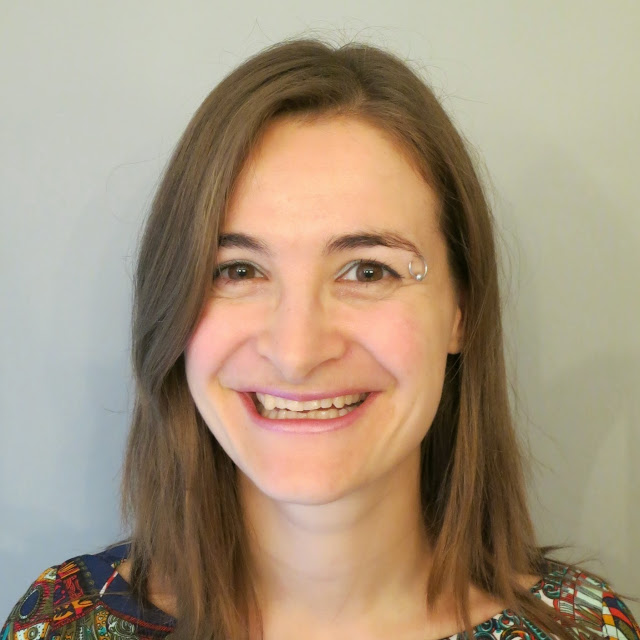
The 22nd Women in Science Conference, postponed from 2020, was rescheduled for April 9-10, 2021, as an online event. The conference featured keynote speaker Dr. Laura Trouille of the Adler Planetarium and Northwestern University, and a total of 57 students from Nebraska and Kansas, representing 11 schools, attended.
In case you missed it, you can watch a recording of Trouille’s presentation on citizen science with your students at: https://youtu.be/OmwdmOB9Fpc. Trouille is the VP of Science Engagement and Visualization at the Adler and a research associate at the Northwestern University CIERA Center for Astrophysics.
Modern science is often characterized by huge datasets, from the Vera Rubin Observatory gathering over 30 terabytes of data every night to ecology camera traps capturing millions of images each year. Public participation in scientific research (also known as citizen science) has emerged as an important tool in helping to unlock these data, especially when combined with machine learning automated approaches. Zooniverse.org is the world’s largest platform for online citizen science, engaging more than 2 million people around the world in dozens of active projects: tagging animals in wildlife images, discovering new exoplanets, transcribing handwritten historical documents, tracking resistance to antibiotics, and much more. In this talk, Trouille shared a few of the exciting discoveries and highlights from how the Zooniverse has helped transform the way we do research and engage the public in science.
Sponsored by Nebraska EPSCoR, the NebraskaSCIENCE Program of Excellence and the Center for Science, Mathematics and Computer Education, Women in Science brings high school students from across Nebraska and the Midwest region together online to explore interests in science careers. Women in Science is for students who want to interact with career and academic professional women in science, meet current undergraduate science students and other high school students who are interested in science, and discover countless professions as diverse as biologists, geologists, engineers, food scientists, computer scientists, and those in the medical fields.
As a highlight of the online conference, students attended a virtual tour of the University of Nebraska’s State Museum Morrill Hall, organized by Jennifer Ruyle. In this tour, students explored the theory of evolution, learning about current research and the significance this has on people and environment.